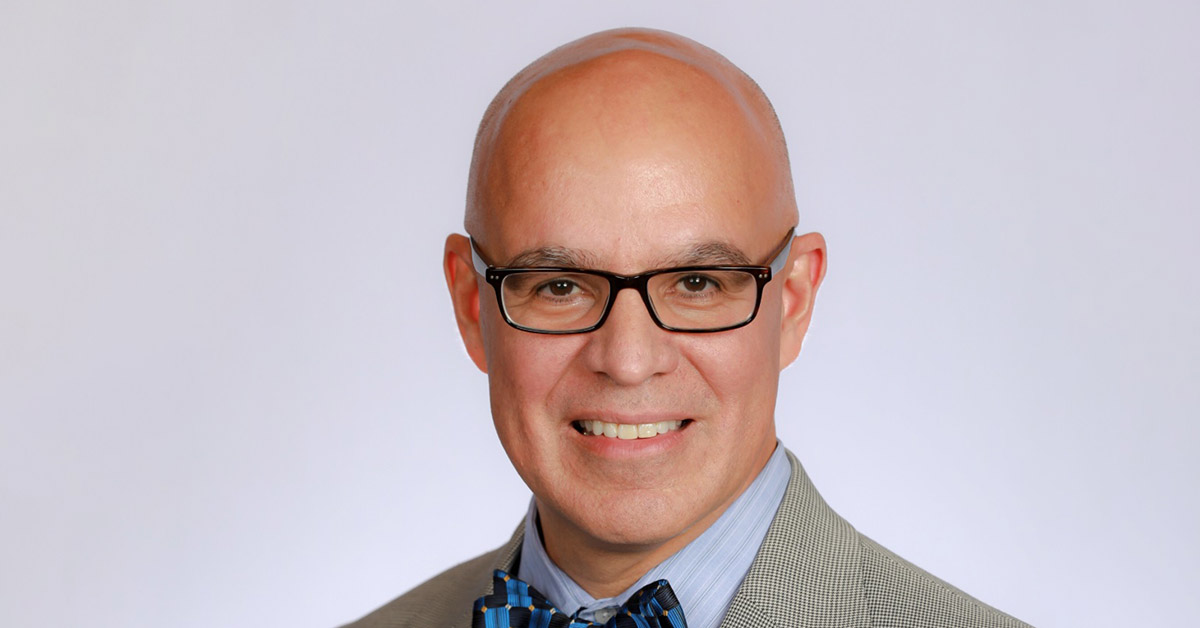Health Self-Checks Should Include Oral Cancer Checks

During the COVID-19 pandemic, staying on top of your and your family’s health has been a top priority. Unfortunately, other non-COVID-19 health issues may have taken a back seat and ignored. If you have not been taking care of your overall health now is the time to do so.
Most people have been educated to do self-checks for breast or testicular cancer.
Ear, nose and throat (ENT) doctors want to ask, “How is your oral health?” Oral and
oropharyngeal cancer, or cancer of the mouth, collectively affect one person every
hour of every day of the year. Of those affected, 40% percent will not survive past
five years. A significant portion of those who survive will suffer from long-term
issues, including difficulties eating and speaking as well as disfigurement. This
is why monthly self-checks are key when it comes to oral cancer.
Most patients present late in the progression of the cancer due to many factors, including
lack of access to medical care or unwillingness to see a physician. When detected
and treated early, mortality and long-term effects of treatment can be reduced.
If you have a sore or irritation in your mouth or throat, those may be symptoms of early stages of oral cancer. Other symptoms include: an ulcer, soreness or irritation that persists, red or white patches associated with pain, tenderness or numbness in the lining of the mouth, lumps, thickening or rough spots. If these symptoms are associated with difficulty in chewing, swallowing, speaking or with tongue mobility, there is greater likelihood of cancer. When these symptoms persist for more than three weeks, it’s time to see a doctor.
Also, having regular visits to your dentist can be a preventative measure for oral cancer. During regular exams (hopefully you see the dentist at least twice a year), the dentist also will do an oral cancer check. The goal is to look for lumps, spots and see if anything looks unusual that could be cancerous. If they do find something suspicious, they may order a biopsy or refer you to a physician.
Those at risk for oral cancer are those over 50 years of age who smoke and drink in excess. Tobacco use can include cigarettes, cigars, pipes, chewing tobacco and snuff. Sexually transmitted human papillomavirus (HPV) is related to the increasing incidence of mouth cancer (mostly involving the tonsillar tissue and base of tongue) in a younger population. Those affected by HPV mostly present with a painless lump or swelling in the neck, sore throat, difficulty and/or pain swallowing or an asymmetric swelling of the tonsillar tissue. Doing self-checks of your neck and throat for any lumps and swelling is important.
A past research study in JAMA Otolaryngology-Head and Neck Surgery showed that two-thirds
of non-smokers and one-third of smokers have squamous cell cancer (a type of oral
cancer) on the side of the tongue, suggesting that rough or sharp teeth, rubbing dentures
and other dental trauma may be the cause. Anything that may cause chronic irritation
or inflammation in the mouth also is considered a risk factor for oral cancer.
The majority of oral cancer starts in the lining of the mouth or tonsils. From there,
the cancer can spread to the lymph nodes in the neck. Most of the time when I see
a patient they say, “Well, I was shaving and then I noticed a lump. Or I went to a
party and my friends said what’s that on your neck?” If you think that you have a
mass that wasn't there before, it is recommended that you see a physician as soon
as possible.
Management of oral cancer patients will require a biopsy and a combination of surgery, chemotherapy and radiation depending on the stage upon presentation. Early detection and treatment are the key to best outcome.
Joehassin Cordero, M.D., is an ENT surgeon at Texas Tech Physicians and chair of the Texas Tech University Health Sciences Center ENT Department.
Related Stories
Celebrating Veterans: TTUHSC’s General Martin Clay’s Legacy of Service and Leadership
From his initial enlistment in the Army National Guard 36 years ago to his leadership in military and civilian health care management roles, Major General Martin Clay’s career has been shaped by adaptability, mission focus and service to others.
Texas Tech University Health Sciences Center School of Nursing Named Best Accelerated Bachelor of Science in Nursing Program in Texas
The TTUHSC School of Nursing Accelerated Bachelor of Science in Nursing (BSN) program has been ranked the No. 1 accelerated nursing program in Texas by RegisteredNursing.org.
TTUHSC Names New Regional Dean for the School of Nursing
Louise Rice, DNP, RN, has been named regional dean of the TTUHSC School of Nursing on the Amarillo campus.
Recent Stories
The John Wayne Cancer Foundation Surgical Oncology Fellowship Program at Texas Tech University Health Sciences Center Announced
TTUHSC is collaborating with the John Wayne Cancer Foundation and has established the Big Cure Endowment, which supports the university’s efforts to reduce cancer incidence and increase survivability of people in rural and underserved areas.
TTUHSC Receives $1 Million Gift from Amarillo National Bank to Expand and Enhance Pediatric Care in the Panhandle
TTUHSC School of Medicine leaders accepted a $1 million philanthropic gift from Amarillo National Bank on Tuesday (Feb. 10), marking a transformational investment in pediatric care for the Texas Panhandle.
Texas Tech University Health Sciences Center Permian Basin Announces Pediatric Residency Program Gift
TTUHSC Permian Basin, along with the Permian Strategic Partnership and the Scharbauer Foundation, Feb. 5 announced a gift that will fund a new pediatric residency.
